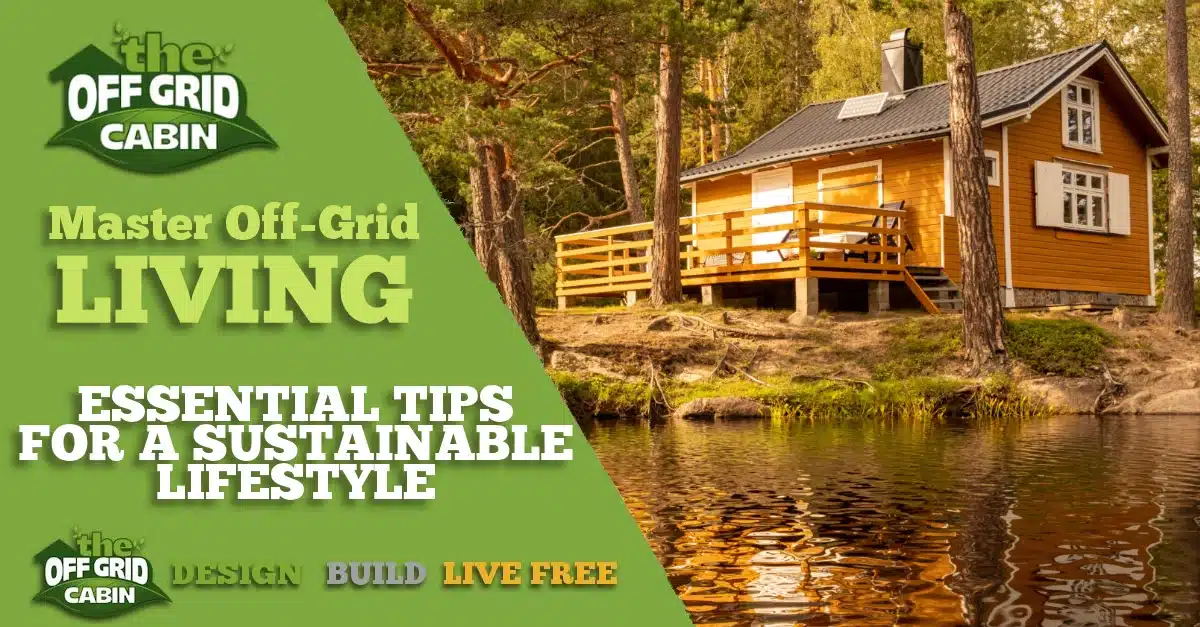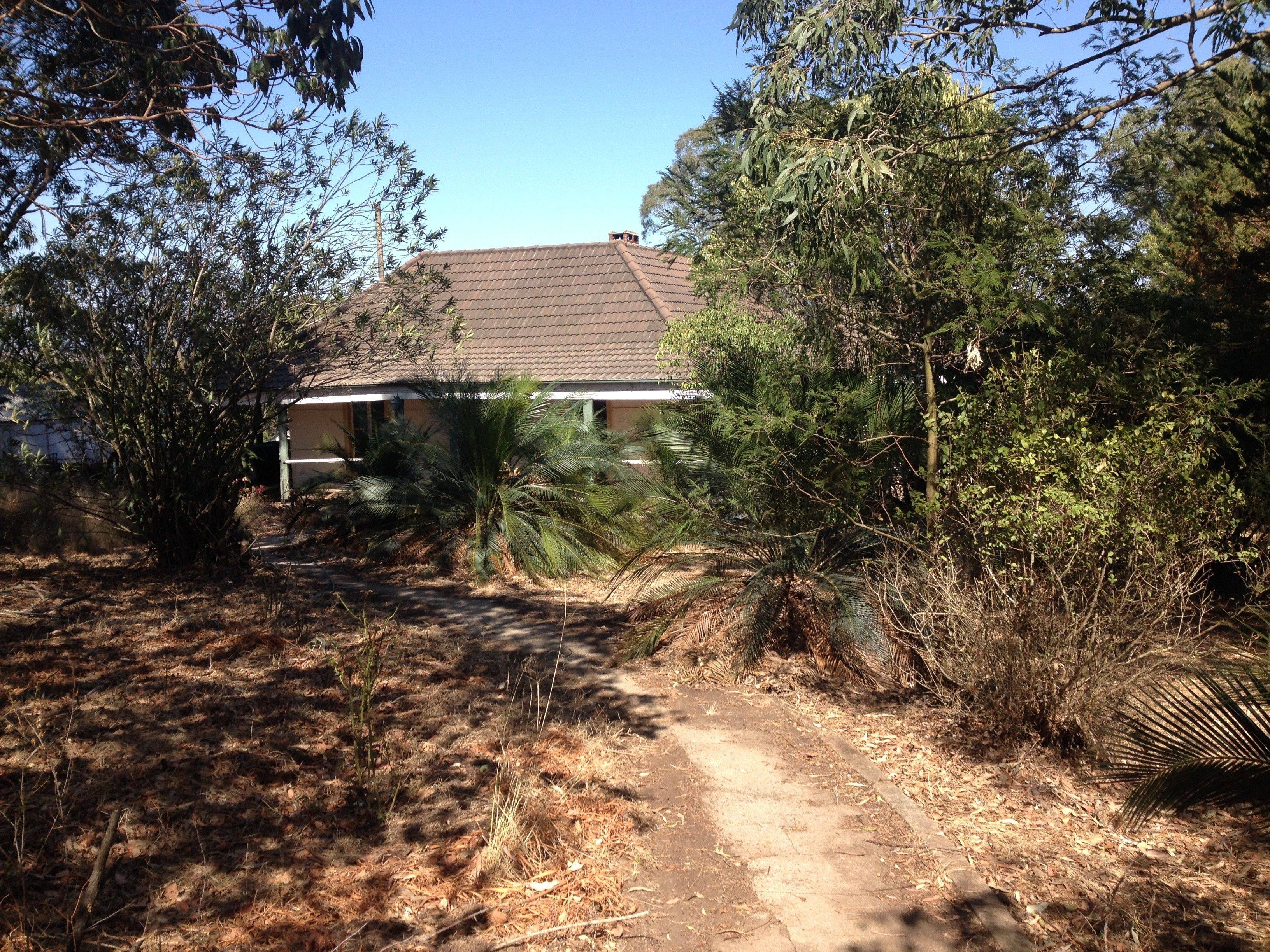Gympie off grid living: Imagine a life unplugged, nestled amidst the stunning landscapes of Gympie, Queensland. This isn’t just a dream; it’s a tangible possibility, a chance to embrace self-sufficiency and reconnect with nature. This guide delves into the practicalities, challenges, and rewards of creating your own sustainable haven in this unique region, exploring everything from finding the perfect plot to mastering rainwater harvesting and solar power.
Prepare to be inspired to embark on your own off-grid adventure.
Gympie offers a compelling blend of natural beauty and accessibility, making it an ideal location for those seeking a simpler, more sustainable lifestyle. However, careful planning and preparation are crucial. We’ll examine the region’s climate, resources, legal requirements, and sustainable technologies to equip you with the knowledge to build a thriving off-grid existence. Discover the potential for a life less ordinary in the heart of Gympie.
Legal and Regulatory Aspects of Off-Grid Living in Gympie
Embarking on the exciting journey of off-grid living in Gympie requires careful navigation of the legal and regulatory landscape. Understanding the necessary permits, zoning regulations, water rights, and insurance considerations is crucial for a smooth and compliant transition to self-sufficient living. Failure to comply with these regulations can lead to significant delays, fines, and even legal action. This section Artikels the key legal aspects to ensure your off-grid dream becomes a reality.
Building Permits and Approvals
Securing the necessary permits and approvals for constructing an off-grid home in Gympie involves several steps. The Gympie Regional Council is the primary authority responsible for issuing building permits. Applicants must submit detailed plans outlining the structure, materials, and proposed systems, including water and waste management. Compliance with the Building Code of Australia is mandatory, ensuring the safety and structural integrity of the dwelling.
Additional permits might be required depending on the specific location and the nature of the construction, such as approvals for vegetation clearing or alterations to waterways. It is advisable to engage a qualified building designer and obtain pre-lodgement advice from the council to streamline the approval process.
Zoning Regulations and Land Use Restrictions
Gympie’s zoning regulations dictate what activities are permitted on a particular piece of land. Before purchasing a property intended for off-grid living, it’s essential to verify its zoning classification. Some zones may restrict the size and type of dwelling, the number of occupants, or the types of activities permitted. For instance, certain zones might prohibit the keeping of livestock or the construction of certain structures.
Understanding these limitations is crucial in planning your off-grid setup. The Gympie Regional Council’s planning scheme provides detailed information on zoning regulations and land use restrictions. It is highly recommended to consult with the council’s planning department to ensure your intended use complies with the regulations.
Water Rights and Usage
Access to water is paramount for off-grid living. The legal framework surrounding water rights and usage in Queensland is complex, governed by the Water Act 2000. Depending on the location and water source, obtaining a water license or permit might be necessary. This license grants the right to take water from a specific source for a defined purpose and quantity.
The application process involves demonstrating the need for water and outlining the proposed usage. For example, using rainwater harvesting systems usually requires no license, but drawing water from a creek or bore might require one. Understanding these regulations is critical to avoid legal issues.
Liabilities and Insurance Considerations
Off-grid living presents unique liability risks. It is crucial to secure appropriate insurance coverage to protect against potential incidents. General liability insurance protects against claims arising from accidents or injuries on the property. Public liability insurance is essential if you plan to have visitors or guests. Additional coverage might be necessary for specific risks, such as damage to equipment or liability related to water usage.
It is advisable to consult with an insurance broker specializing in rural and off-grid properties to determine the appropriate level of coverage. The absence of readily available emergency services might also necessitate additional preparedness measures.
Community and Social Aspects of Off-Grid Living in Gympie
Embracing an off-grid lifestyle in Gympie presents a unique blend of challenges and rewards, significantly shaped by the social dynamics of a more isolated existence. While the allure of self-sufficiency and connection with nature is strong, successfully navigating this path requires careful consideration of community building and support networks. The level of social interaction will differ drastically from traditional urban or suburban living, demanding adaptability and proactive engagement.The potential for both isolation and strong community bonds is inherent in off-grid living.
Do not overlook explore the latest data about best state for off grid living.
Successfully integrating into, or even creating, a thriving off-grid community is crucial for long-term well-being and resilience.
Challenges and Benefits of Isolated Off-Grid Communities
Living in a sparsely populated area, particularly off-grid, means a reduced access to immediate social interaction. This can lead to feelings of loneliness and isolation, particularly for newcomers. However, it also fosters a unique sense of community among those who choose this lifestyle. Shared experiences, mutual support, and a collective reliance on each other build strong bonds. The reduced external stimuli can lead to a greater appreciation for personal connections and a deeper understanding of one’s own capabilities and resilience.
Successful off-grid communities often thrive on the principle of reciprocal help, where neighbors assist each other with tasks, sharing knowledge, skills, and resources. This mutual support system significantly mitigates the challenges of isolation and enhances the overall quality of life. Conversely, the lack of readily available services necessitates self-reliance and a willingness to collaborate, leading to stronger interpersonal relationships built on trust and shared goals.
Examples of Successful Off-Grid Communities
While specific details of off-grid communities in the Gympie region may require further investigation for privacy reasons, we can draw parallels from similar environments elsewhere. Many intentional communities, particularly those focused on sustainable living and eco-villages, demonstrate the potential for successful off-grid living. For example, communities in rural areas of Australia and New Zealand have developed robust systems for sharing resources, skills, and labour.
These communities often emphasize collaborative gardening, renewable energy sharing, and community workshops to build self-sufficiency and foster a strong sense of belonging. The success of these models lies in their commitment to shared governance, transparent communication, and a strong emphasis on mutual respect and support.
Self-Sufficiency and Community Support Networks
Self-sufficiency is the cornerstone of successful off-grid living. This extends beyond simply producing your own food; it encompasses acquiring and maintaining essential skills such as basic repairs, water management, and energy generation. However, even the most self-sufficient individual benefits from a strong community support network. Sharing knowledge, resources, and labor reduces individual burdens and fosters resilience in the face of challenges.
A well-functioning community provides a safety net, allowing individuals to overcome obstacles together and create a more secure and supportive environment. For example, a community might collectively purchase and maintain equipment that is too expensive for any one individual to afford, such as a shared generator or water purification system. This collaborative approach maximizes resources and minimizes individual costs.
Resources and Support for Off-Grid Transition in Gympie
Transitioning to an off-grid lifestyle requires careful planning and preparation. While specific resources in Gympie might need further research, several general resources are available. Local councils and government agencies often provide information on land use regulations, permits, and environmental considerations. Online forums and communities dedicated to off-grid living offer valuable advice and support from experienced individuals. Workshops and courses focusing on sustainable living practices, permaculture, and renewable energy are also beneficial.
Networking with existing off-grid communities in similar regions can provide invaluable insights and practical assistance. Seeking advice from experienced practitioners and engaging with relevant organizations can greatly enhance the transition process.
Illustrative Examples of Off-Grid Homes in Gympie (or Similar Regions): Gympie Off Grid Living

Gympie’s climate, characterized by warm summers and mild winters, and its undulating terrain present unique opportunities and challenges for off-grid home design. Successful off-grid living in this region requires careful consideration of resource management, building materials, and energy efficiency. The following examples illustrate how these factors can be addressed in creating a comfortable and sustainable home.
Hypothetical Off-Grid Home Design for Gympie
This hypothetical design prioritizes passive solar design principles to minimize energy consumption. The home, a single-story, 150m² dwelling, is oriented to maximize northern sun exposure in winter and minimize it in summer. The building envelope incorporates rammed earth walls, offering excellent thermal mass and insulation. This reduces the need for heating and cooling, a crucial aspect of off-grid living.
The roof is constructed using recycled corrugated iron, providing durability and reflecting sunlight. Large overhanging eaves provide shade in summer. Internal walls are made from sustainably sourced timber, creating a naturally cool and aesthetically pleasing interior. The layout features an open-plan living area, maximizing natural light and airflow, with separate bedrooms and a bathroom. A covered outdoor area extends living space, ideal for Gympie’s pleasant climate.
Self-Sufficient Water System
Water security is paramount in off-grid living. This system relies on rainwater harvesting, a reliable source given Gympie’s average rainfall. Two 5000-litre rainwater tanks, positioned to collect runoff from the roof, provide ample storage. A submersible pump, powered by solar energy, draws water from the tanks. A three-stage filtration system is employed.
The first stage uses a leaf filter to remove large debris. The second stage involves a sediment filter to remove fine particles. Finally, a UV sterilization system ensures the water is safe for consumption. Regular cleaning and maintenance of the tanks and filters are essential to maintain water quality.
Solar Power System, Gympie off grid living
The home’s energy needs are met by a solar photovoltaic (PV) system. Ten 350-watt solar panels are mounted on the roof, generating approximately 3.5kW of power. A 10kWh battery bank, consisting of lithium-ion batteries, stores excess energy for nighttime use. A hybrid inverter manages the flow of energy between the solar panels, batteries, and the home’s electrical system.
This system provides sufficient power for lighting, appliances, and other household needs, while excess energy can be used to power the water pump. Regular battery maintenance and panel cleaning ensure optimal performance. The system’s efficiency is further enhanced by energy-efficient appliances and LED lighting throughout the home. This setup is similar to many successful off-grid homes in similar regions of Queensland, which rely on similar solar and battery technology to manage energy needs effectively.
Embarking on the journey of Gympie off-grid living requires vision, dedication, and a healthy dose of resourcefulness. But the rewards—a life in harmony with nature, reduced environmental impact, and a profound sense of self-reliance—are immeasurable. By carefully considering the factors Artikeld in this guide, you can navigate the challenges and build a truly fulfilling and sustainable off-grid home in the beautiful Gympie region.
The path may be challenging, but the destination promises a life rich in independence and connection to the land.
Answers to Common Questions
What are the common health concerns in off-grid living in Gympie?
Common concerns include access to timely medical care, potential for waterborne illnesses, and the need for robust preventative healthcare measures.
How do I find land suitable for off-grid living in Gympie?
Consult real estate agents specializing in rural properties, explore online listings, and consider factors like access to water, sunlight, and proximity to essential services.
What about internet access in remote Gympie locations?
Satellite internet is a common solution, though costs can be higher. The availability of mobile internet varies greatly depending on location; research options thoroughly before committing to a property.
What about wildlife encounters in off-grid Gympie?
Gympie has diverse wildlife. Proper security measures for your home and understanding local wildlife behavior are crucial. Research local fauna and implement appropriate safety precautions.


